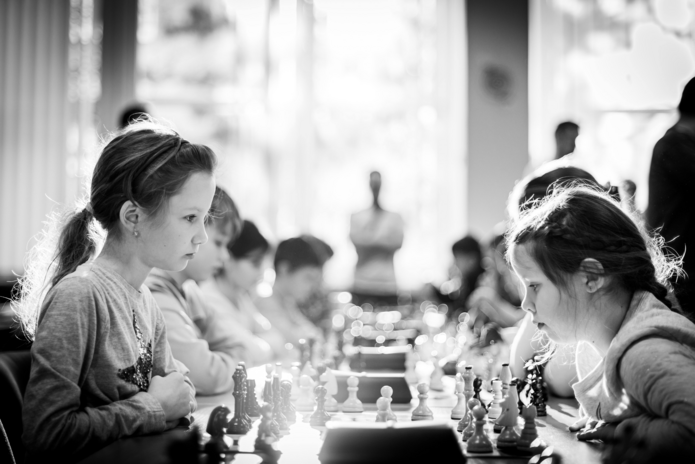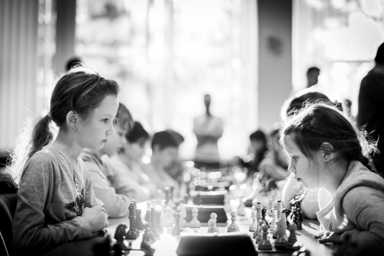For me, life is an adventure, and playing and watching sports makes it all the more adventurous. As a kid, it was the cerebral sport of chess that most appealed to my faculties, especially because I was a passionate aficionado of a conflict where the contenders are sovereigns of two feudal monarchies. Throughout my years of playing the game, I gained substantial experience, analyzed and evaluated numerous outcomes, uncovered personal aptitude, and much much more! However, only today do I realize the magnitude of the lessons that chess and its culture continues to teach me.
Here are some of the larger-than-life lessons that the 8 * 8 board and 32 pieces have taught me:
- Failing to Prepare is Preparing to Fail
-
Chess is a strategic game – in order to win, we must have a better plan of action while keeping our pieces in “safe square” from our opponents. In real-life situations, planning increases our efficiency, reduces risks, helps maintain good control, and facilitates proper coordination of resources.
- Change is a Constant
-
In a game of chess, we plan out several different strategies and plans to move our pieces. However, the actual situation doesn’t always pan out the way we plan. In such scenarios, we are taught to adapt and think on our feet, and we are told not to play the plan, but play the board. Similarly, in our day-to-day lives, circumstances keep changing. The ability to adapt to unforeseen situations, people, and surroundings makes us able to exercise a hold over our environment, resources, and ourselves. In most cases, adaptability skills thereby avoid dynamics that can lead to failure, anxiety, and procrastination.
- F.A.I.L. just means First Attempt in Learning
-
Winning is a common factor between the game of chess and this game called life. And so is losing. But most importantly, so is trying. As chess players, when we lose a round, we are taught to learn from our mistakes, reset the pieces, and just play better in the next round. In fact, it is believed that losing teaches chess players to improve more than winning does. As eager participants in life, our failures teach us to identify our vulnerabilities and shortcomings so we can work on improving. Losing doesn’t make anyone a failure. In fact, losing teaches us to become winners and to not repeat our mistakes — to know better and do better!
- Constructive Criticism over Counterfeit Compliments
-
As we start to grow as chess players, we quickly learn that constructive criticism from our peers, competitors, and mentors helps us improve our game. For example, in Netflix’s recent series, The Queen’s Gambit, Beth portrays a sense of receptiveness to feedback and coaching. She does not shy away from being tutored by her male peers and is open to criticism during the adjournment of the biggest game of her career. As a result of being open to suggestions, her game quickly improves. Likewise, in most situations, constructive criticism tends to increase insight, improve perspective, and cultivate a positive environment for feedback.
- Persistence is the Key to Potential
-
In chess, when the soldier (pawn) reaches the other end of the board, it gets promoted to any other piece (except the king) of the same colour. Similarly, in life, it does not matter where you start from. Because, just like the pawn, with patience and persistence, we can achieve our fullest potential and end up where we want to be.



